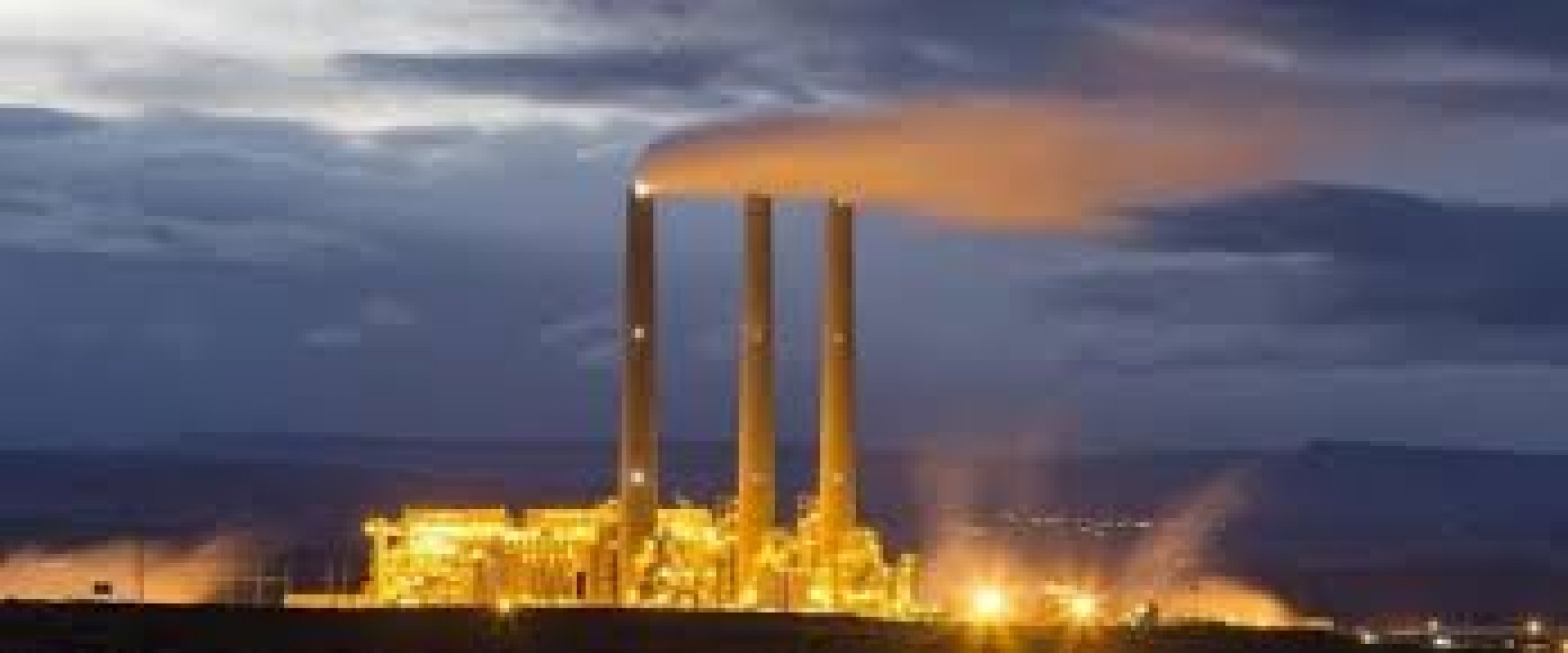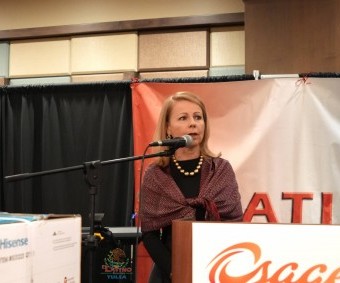California bans natural gas

California bans natural gas
Berkeley, Calif., has banned natural gas in new buildings starting next year.
As more cities and states try to cut carbon emissions, some are taking aim at a new target: natural gas inside homes.
Buildings, through heating and cooking, use almost a third of the natural gas consumed in the U.S.
In July, Berkeley, Calif., became the first city in the country to ban natural gas in new buildings, starting next year. City officials say new efficient electric appliances have lower carbon footprints than gas-powered furnaces and water heaters.
Cities like San Jose, Sacramento and Los Angeles are developing their own policies to make buildings zero carbon, and a number of cities around the world have pledged to do the same. But opponents say the push to get rid of gas goes against what consumers are asking for, especially in their kitchens.
"People love their gas stoves," says Bob Raymer, technical director with the California Building Industry Association.
But California has committed to becoming carbon neutral by 2045, and about a quarter of the state's emissions come from energy used by buildings. To reach its ambitious climate change goals, the state will eventually have to force homeowners to electrify everything.
Swapping for electric
Today, an all-electric home isn't common in California, as Oakland resident Bruce Nilles found out.
Nilles spent his career working on reducing the country's use of fossil fuels, first at the Sierra Club and then at the Rocky Mountain Institute.
"I was thinking a lot about coal, and how do we transition the United States off of coal, and had missed the fact that right in my own home was this big source of fossil fuels," he says.
First of a kind ban on natural gas In July, the City Council in Berkeley, Calif., voted unanimously to ban natural gas in new buildings, starting next year with homes and small apartment buildings.
The ban will include other kinds of buildings in the years to come, like high-rises and commercial space, as soon as state officials complete energy efficiency analyses of those building types.
"It's going to give us a better life," City Council member Harrison says. "We're going to have a cleaner environment.
Still, she admits stoves are the major sticking point. While homeowners may not have strong feelings about their water heaters, cooking is another matter.
What "We don't support is an outright ban on a particular product," says Raymer of the California Building Industry Association. "What we do support are the use of regulatory and financial regulations to force a market to go a particular way."
The vast majority of restaurants today also use gas cooking. Under Berkeley's law, building owners will be able to apply for an exemption to the gas ban.
Still, Raymer says some builders are already switching to all-electric homes in California.
A growing trend Cities such as Sacramento have started discussing a potential ban on natural gas in new buildings, while others are looking at using initiatives to get people to switch.
"Still, to meet its goal of becoming carbon neutral, California will have to tackle natural gas use in existing buildings, not just new ones. That can be costlier. Many older homes don't have large enough electric panels, or plugs that can handle 220 volts.
Electric heat pumps and other electric appliances can be more expensive than gas-powered equivalents, especially because it can be harder to find rebates. Sacramento and San Jose are offering residents up to several thousand dollars to switch from gas to electric.
Comentar
Los campos obligatorios estan marcados con *


















































Comentar con Facebook